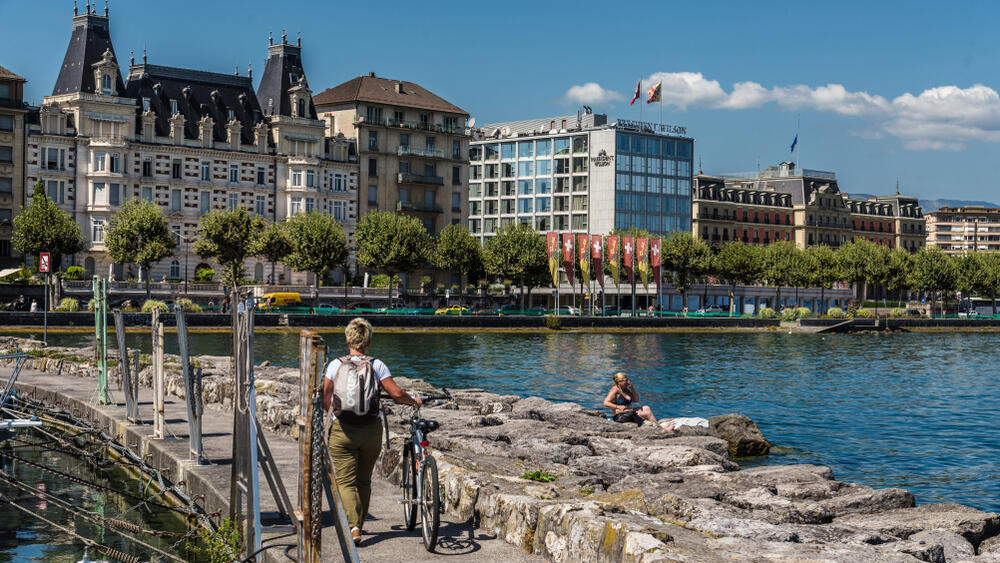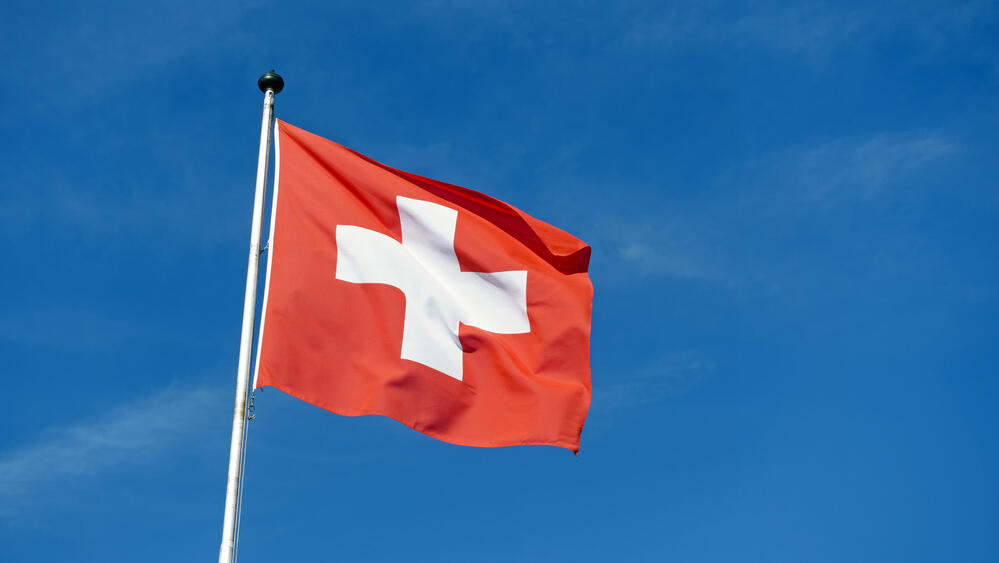Getting your Trinity Audio player ready...
In the next few days, a referendum to be held in the canton of Geneva may affect thousands of the city's millionaire residents. The outcome of the vote will determine whether they will be required to pay an increased "solidarity tax" on their profits for the next decade.
Read more:
According to Bloomberg news agency, the June 18 ballot will be held in light of concerns about the widening inequality in the affluent lakeside city canton, causing genuine worry about how the Grand Council of Geneva would deal with the growing public debt.
It should be noted that Geneva already imposes a solidarity tax on the top 1% of annual incomes, but a coalition of lawmakers, workers' unions, and activists from the left gathered enough signatures to push for the referendum in the city and increase the tax to 1.5% on individuals with more than 3 million Swiss francs ($3.3 million) to their name, for the next decade.
"In order to address the crises in the fields of healthcare, welfare, economy, and environment that we are facing, serious action is required," stated the message regarding the initiative to hold the referendum. "The middle class is paying a heavy price for these problems, so it is fair to ask multi-millionaires to make an effort of solidarity."
Last year, Geneva's millionaires paid nearly 700 million Swiss francs ($773 million), which accounted for 83% of the total solidarity tax. According to the campaign organized ahead of the vote, increasing the tax on the wealthy will generate an additional 430 million Swiss francs ($474 million) for the city's treasury over the next decade.
Geneva is the second-largest city in Switzerland, with just over half a million residents. The data shows that approximately 19,000 of them are classified as millionaires.
Since the initial proposal, things have changed in Geneva. Recently, the district council reported a budget surplus of no less than 727 million Swiss francs ($803 million) for the year 2022, resulting from higher-than-expected tax revenues. This is also the reason why the newly elected district council is calling on citizens to vote against the proposal. "This initiative was proposed during the COVID-19 crisis to allow the council to cope with the rise in poverty," said Nathalie Fontanet, the district's economy minister. "Tax revenues in recent years have managed to handle it."
Opposers of the proposal cite Norway as an example, where the solidarity tax on the wealthy increased from 1% to only 1.1%, less than what is being proposed in Geneva, but it led many wealthy individuals to leave the Scandinavian country. "We want to completely avoid the Norwegian syndrome," said Vincent Subilia, Director General of the Geneva Chamber of Commerce. "This ideological and demagogic initiative should be postponed. It is dangerous because it could jeopardize the residency of Geneva's wealthy residents."



